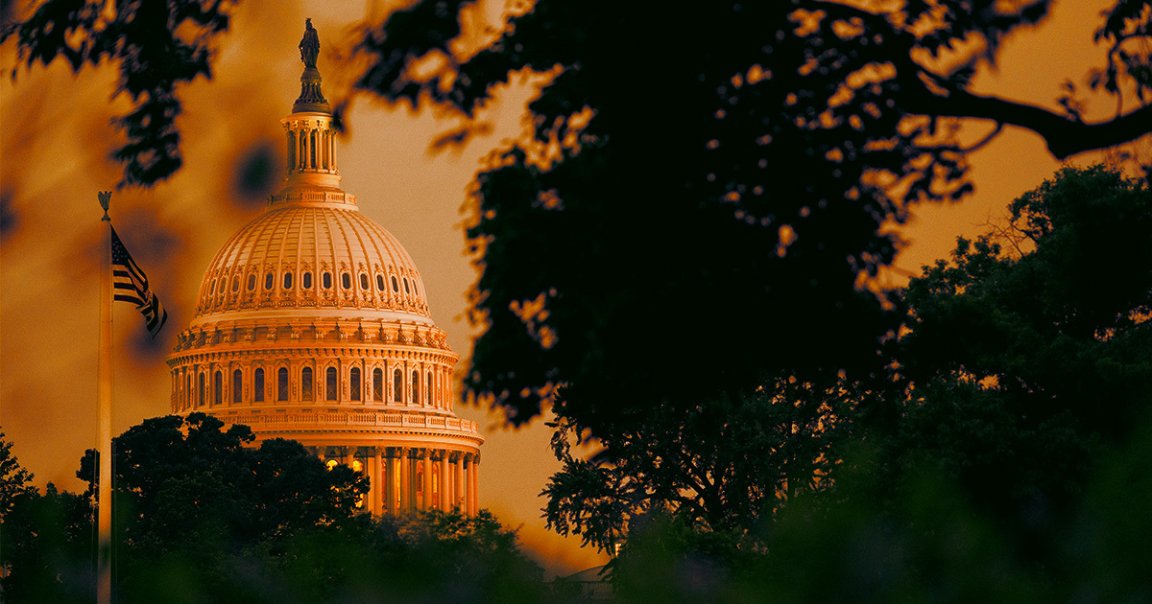
Swarm of the Suits
As the AI industry continues to balloon, so does its army of lackeys ready to buttonhole lawmakers for favorable regulation. According to a new report by the consumer rights advocacy group Public Citizen, thousands of AI lobbyists have descended upon the Capitol, in a dramatic surge of influence that’s already coincided with major policy decisions.
Between 2019 and 2022, the number of lobbyists sent by corporations and other groups on AI-related issues stayed relatively equal year-to-year, hovering around 1,500. Then in 2023, things went off the charts, with over 3,400 lobbyists flooding Washington DC — an increase of more than 120 percent.
“We’re reaching a point where the policies that are going to shape AI policy in the next 10 years are really being decided now,” Mike Tanglis, research director at Public Citizen’s Congress Watch division, told The Hill. “From our perspective, having the leading voices on an issue being those that stand to make billions of dollars is generally not a good idea for the public.”
Power Up
Those numbers show that the AI lobby has had a sizeable presence for years. It’s only now, with the mainstream popularity of chatbots like ChatGPT and image generators like Midjourney, that people are beginning to take notice — and that the number of AI lobbyists has begun to significantly climb.
One of the more brazen displays of the industry’s sway over the federal government took place last fall, when dozens of tech leaders, from Elon Musk to Sam Altman, gathered for an historic closed door session with over 60 US senators, lecturing them about the future of AI.
Unsurprisingly, a plurality of the lobbyists today comes from the tech industry — 700 of them, or 20 percent of that total. But a mix of 17 different industries comprised the other 80 percent, illustrating the wide scope of intersecting interests in AI.
Advocacy groups accounted for the next largest chunk with 425 lobbyists, of whom could be pro or anti-AI. Others included defense, health care, financial services, and education, all with clear stakes.
Presidential Prize
What’s also interesting isn’t just where these lobbyists are coming from, but where they’re going. Excluding both houses of Congress — the most obvious target — the White House was the most lobbied body of the federal government last year, with over 1,100 lobbyists.
Their reasons for hounding the Oval Office are obvious. In October, President Joe Biden issued an executive order on AI laying down ground rules for its development, which were noticeably and perhaps acceptably vague. If the AI industry hadn’t already influenced that ordinance, it will undoubtedly keep sending lobbyists to shape how it’s enforced in the future. Case in point: the report found that the amount of lobbyists immediately went up after the executive order was issued.
Of course, what really talks is the money, and those figures are less clear. A recent report from OpenSecrets found that groups that lobbied the government on AI spent more than $957 million last year — but that represents a range of interests, and not just on the emerging technology.
But, as Public Citizen’s report concludes, expect all those figures to climb — dollars, suits, you name it.
More on AI: OpenAI Insider Estimates 70 Percent Chance That AI Will Destroy or Catastrophically Harm Humanity